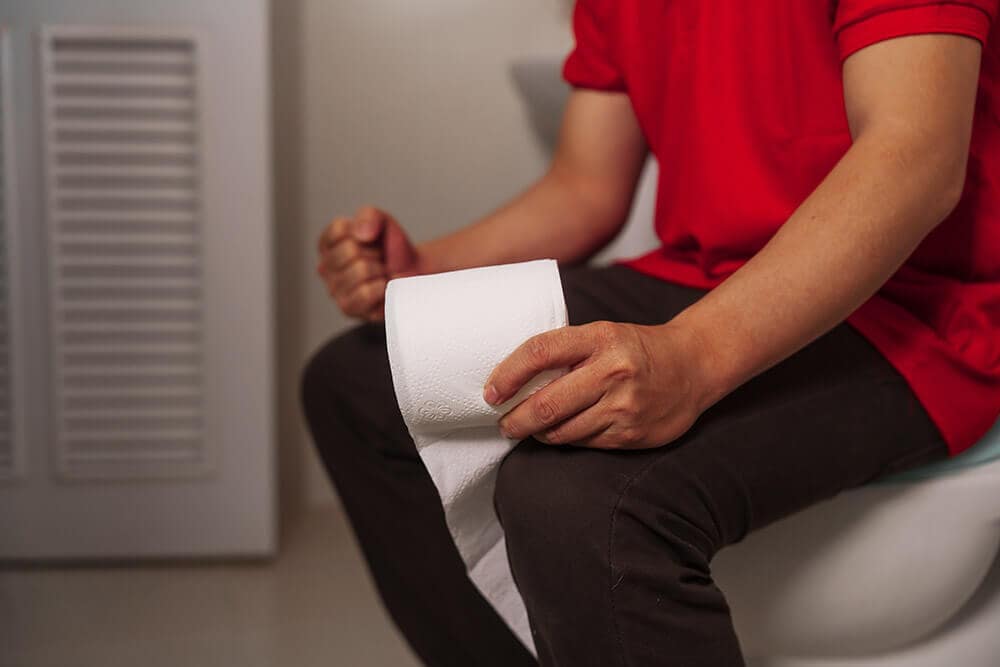What Is Tubulovillous Adenoma?
A tubulovillous adenoma is a colon polyp made up of both tube-shaped (tubular) and finger-like (villous) glandular cells. It develops on the lining of the colon, is not yet cancerous, but carries a significant risk of turning into colorectal cancer over time. It is coded under ICD-10 as D12.6.
Common Causes and Risk Factors
- Age over 50
- Family history of colon polyps or colorectal cancer
- Inflammatory bowel disease (Crohn's disease or ulcerative colitis)
- High-fat, low-fiber diet
- Physical inactivity
- Smoking
- Excessive alcohol intake
Signs and Symptoms
- Often none in early stages
- Blood in your stool or on toilet paper
- Diarrhea or constipation
- Abdominal pain or cramps
- Unexplained weight loss
How Dr. Rishi Diagnoses Tubulovillous Adenomas?
Dr. Chadha uses a step-by-step approach:
Medical History & Exam
He reviews your personal and family history of colon polyps or cancer, lifestyle habits, diet, age and any symptoms you-ve experienced.
Colonoscopy
Using a flexible, camera-equipped scope, Dr. Chadha inspects the entire colon lining and locates any suspicious growths.
Polypectomy & Biopsy
When a polyp is found, it's removed on the spot and sent to the lab for detailed tissue analysis.
Pathology Review
A pathologist examines the sample to determine if it's tubular, villous or tubulovillous and to check for precancerous or cancerous changes.
Frequently Asked Questions
What is the cancer risk with a tubulovillous adenoma?
Up to 40% if not treated. Early care helps prevent this.
How often do I need a colonoscopy after this?
Usually every 3 years. Dr. Chadha will guide you.
Can healthy eating remove a polyp?
No. But it lowers the risk of new ones.
What are -fragments of tubulovillous adenoma-?
Small pieces taken for lab tests during a biopsy.
Do polyps hurt?
Not usually. They may hurt only if they grow or bleed.
What is the ICD-10 code for this condition?
D12.6
Do I need sedation for polyp removal?
Yes. You'll get light sedation to stay relaxed.
Can polyps come back?
Yes. That's why you need check-ups after treatment.
Is polyp removal covered by insurance?
Most plans do cover this. Our team will confirm it for you.
Where can I learn more about colon polyps?
Visit cancer.org











